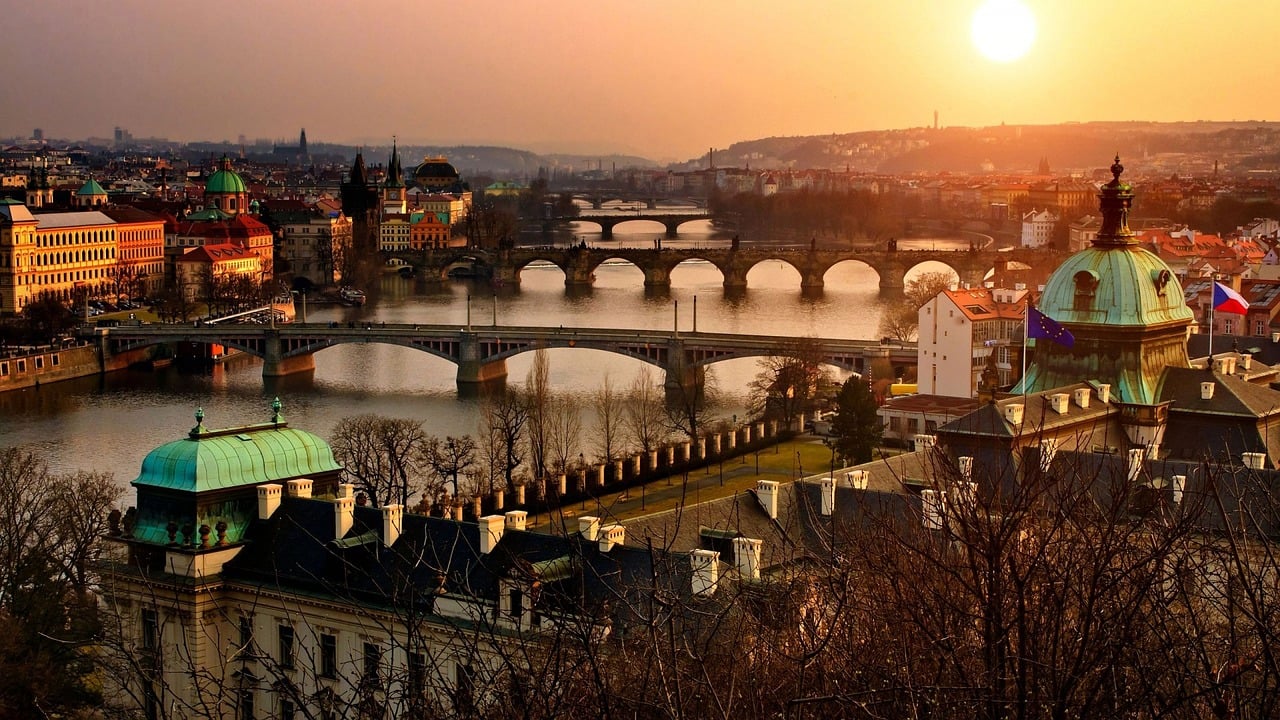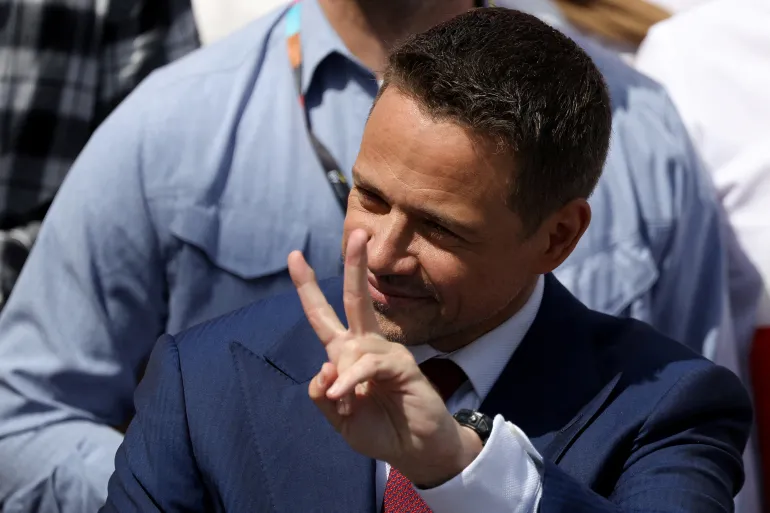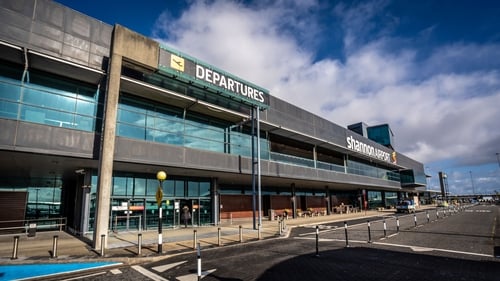The Hungarian Association in the Czech Republic has celebrated its 35th anniversary, highlighting decades of cultural preservation and community engagement for ethnic Hungarians living across the Czech Republic. The event took place in Prague, gathering members, cultural representatives, and Hungarian officials.
Founded in 1989, just months before the fall of communism, the association has played a vital role in promoting Hungarian language, heritage, and traditions in a country where Hungarians are a small but historically rooted minority.
Ceremony Highlights Shared Heritage
The anniversary celebration featured musical performances, traditional Hungarian dance, and speeches reflecting on the community’s journey and challenges. Czech and Hungarian flags were displayed prominently, symbolizing the bond between the two nations.
Representatives from Hungary’s government, including officials from the State Secretariat for National Policy, attended the ceremony and praised the association’s contributions to cultural diplomacy and minority support.
“You are the bridge between nations, preserving heritage while building future cooperation,” said one Hungarian official.
Role in Education and Identity
The association actively supports Hungarian-language education, bilingual publications, and organizes summer camps, literature competitions, and holiday events for children and adults. Over the years, it has helped younger generations maintain a dual identity—Czech by citizenship and Hungarian by culture.
Community leaders noted that while the Hungarian population in the Czech Republic is relatively small—estimated in the low thousands—their cultural footprint has grown thanks to consistent engagement and cross-border support.
Hungarian-Czech Relations Strengthened
The celebration also underscored the broader diplomatic and cultural ties between Hungary and the Czech Republic. Officials emphasized that such minority communities contribute positively to regional cooperation, mutual understanding, and historical reconciliation.
The event included moments of reflection on how the association has adapted over three decades of political and social change—from post-communist transitions to the present-day European integration.
Looking Ahead
In closing remarks, association leaders vowed to continue their mission to preserve and promote Hungarian culture, while also fostering integration within Czech society.
Plans are underway to expand programming and deepen educational outreach, with support from both local governments and Budapest.
The 35th anniversary served not only as a tribute to past efforts but as a renewed call to invest in cultural heritage, community identity, and transnational friendship.
Source; Hungary Today



